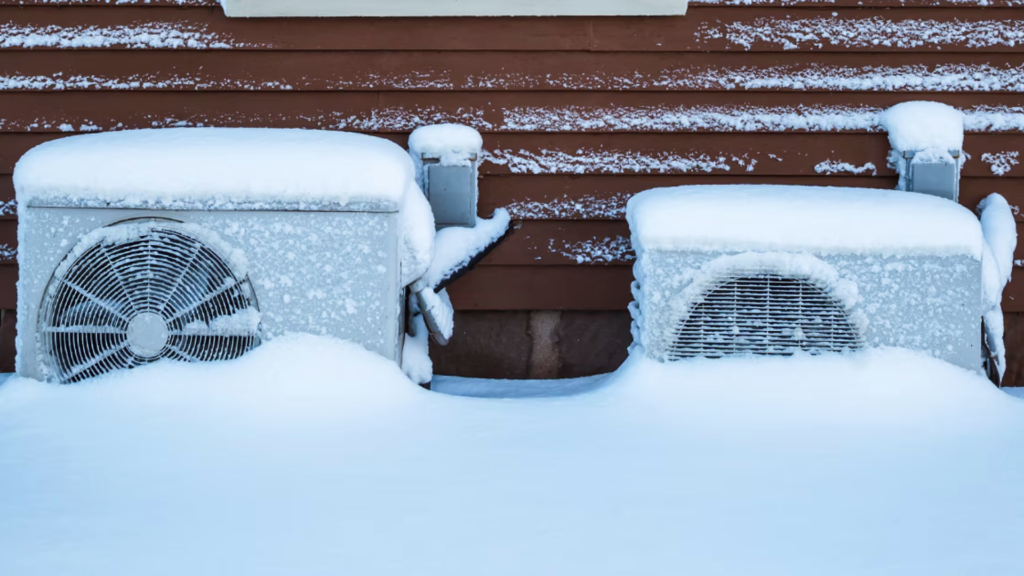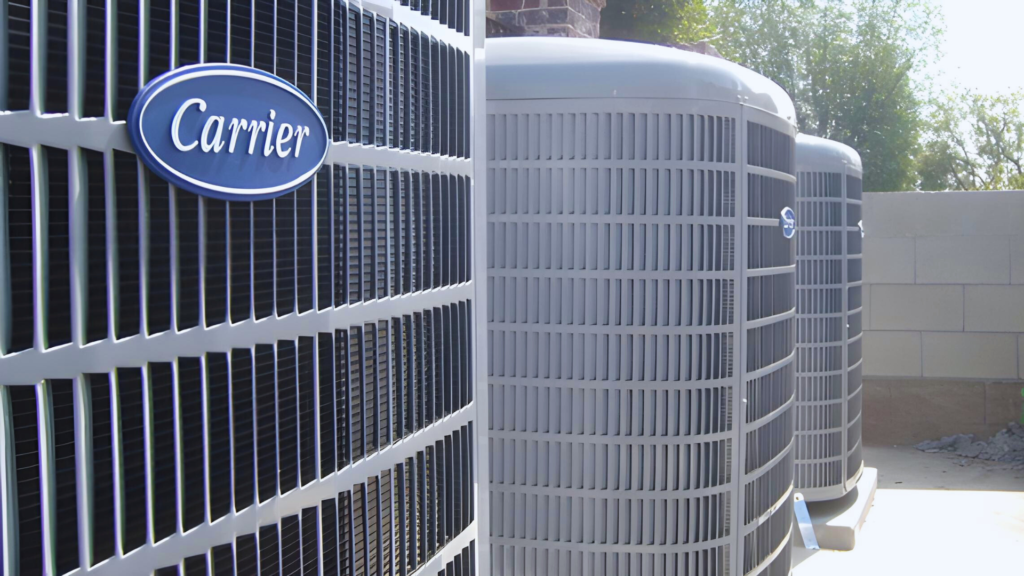HVAC M&A chatter with Bristlecone Trail Partners’ Jason Haar

Image: Jason Haar
❝
Buyers are more intentional about the pitches they swing at.
Jason Haar is the founder and managing director of Bristlecone Trail Partners, an M&A advisory firm serving the home service industries. Jason has a track record in the home services space, previously leading M&A at Goettl.
In our conversation, we covered the frenzy of the past few years, the current mindset of buyers (and contractors), whether a big platform will go public, and more.
What’s something interesting you took away from the M&A frenzy of the past few years?
The environment got tricky, but activity remained robust. Interest rates went up at a historically unprecedented pace in early to mid-2022, and you had this dark narrative of, “Is an economic recession going to happen?”
You also had Covid-pull-forward demand concerns. In 2022 and into 2023, you saw a bit more hesitation, but, it was with acquiring larger HVAC platforms. If you had a smaller, independent HVAC company, M&A activity was still healthy. The appetite was still there, and the investment thesis remained intact.
As you go upstream and start talking about a platform with several hundred million to a billion-plus in revenue, those were the transactions that were harder to get done. Those were the businesses most affected.
How do you describe where things are at now?
I think for the smaller shops — $5 to $25 million in revenue — which we believe make up the bulk volume of M&A activity in the space, valuations are pretty similar to what they have been.
Multiples across the industry have come in a bit, mostly driven by more selective buyers, but they’re still elevated. For that pureplay, aftermarket home services business, you’re seeing high single digits to teens in most cases.
Some buyers are on the sidelines focused on operational improvements, but new platforms being formed are helping to pick up the demand that fell off, keeping valuations pretty strong.
I’d like to understand the current mindset of buyers. What are they saying?
I’d describe them as more thoughtful and selective about the businesses they’re picking up. They’re still willing to pay premiums for great businesses, but if you had a business in 2020 or 2021 that wasn’t perfect, you still could have gotten an amazing valuation. Today, the demand for that business has fallen off a little bit. Buyers are more intentional about the pitches they swing at for sure.
What about on the flip side — what are contractors saying?
At this point, everyone in the industry knows somebody who has sold. The chatter we hear is, “What’s private equity doing to these businesses? Are they destroying them? Are they good for the business? Are they good for the consumer?” I think there are probably a lot of misconceptions about what private equity is doing and how successful it can and will be, but that’s something we hear. That’s also nothing new.
Contractors also love to talk about valuation multiples, for which we say no two businesses are perfectly identical, so keep that in mind when keeping up with the market scuttlebutt.
❝
[E]ven though there’s been a lot of M&A activity, the industry is still not very consolidated. If you dissect a market, the biggest companies don’t typically have more than 10% market share.
How do you envision the landscape changing over the next one to five years?
I don’t see investor demand waning unless something really major happens. I’ll touch on two things: Consolidation and technology. When it comes to consolidation, even though there’s been a lot of M&A activity, the industry is still not very consolidated. If you dissect a market, the biggest companies don’t typically have more than 10% market share — we feel there’s a lot of runway. We also believe larger platforms will acquire other platforms to help move the needle as the buyer ecosystem evolves.
Then, I wouldn’t profess to be an expert, but from what we see now, I think we’re just scratching the surface of what’s possible from a technology point of view. Over the next five years, I think technology in the HVAC space will be one of the biggest changes, and PE-backed firms will probably be some of the biggest drivers and adopters of that. Stay tuned.
What do you think happens to multiples over the next two years?
Major economic events aside, they probably stay where they are. For high-quality businesses, the demand is there. If you have a $2 to $5 million EBITDA business, the valuation will probably be in line [with today].
A key thing to watch will be multiples upstream. There are some groups in the “on deck” circle with respect to recapitalizations, and where those platforms get out the gate in terms of multiples will be important.
There’s chatter that some of the bigger platforms will go public soon. Thoughts on that?
The public markets can be a complicated, impatient, and scary place. Every day, you’re weighed and measured, and your stock price change reflects that — it can be unforgiving. If you don’t have a high degree of visibility for continued growth and conviction in being able to repeat it, quarter after quarter, the public markets are going to test you.
You’ll lose investor confidence and trade at a depressed multiple/valuation. We believe if that does happen, it would be a real negative for the industry and could be a reset button. That said, the biggest platforms also need future liquidity for investors and the public markets are certainly one way to go.
Any controversial opinions?
I hear about investor groups going into secondary and tertiary MSAs where, yeah, they’re paying lower multiples (maybe mid-single-digits), but the opportunity I see there is not nearly as compelling as paying a premium for a good business in a larger, more competitive market and being able to scale and improve it.
I like to look at these HVAC platforms from a sum-of-the-parts point of view. Yeah, having, say, $15 million in consolidated EBITDA across dozens of operating branches may seem great, but if those branches are all in smaller TAMs with lower ceilings, what’s the real opportunity? What valuation should that business trade at?
📬 Get our stories in your inbox
Keep reading
Southern states lead 15% rise in February heating demand
The number of Heating Degree Days in February rose 15 percent compared to 2024, according to the latest weather data
AHRI issues statement, opposes Trump’s tariffs
Barring any changes, a 25 percent tariff on all Mexican imports, affecting major manufacturers, will take effect in March
Carrier wraps industry earnings with consumer, tariff views
The company's earnings follow the other two major U.S.-based residential OEMs, providing a look at how all three are reading today's market


